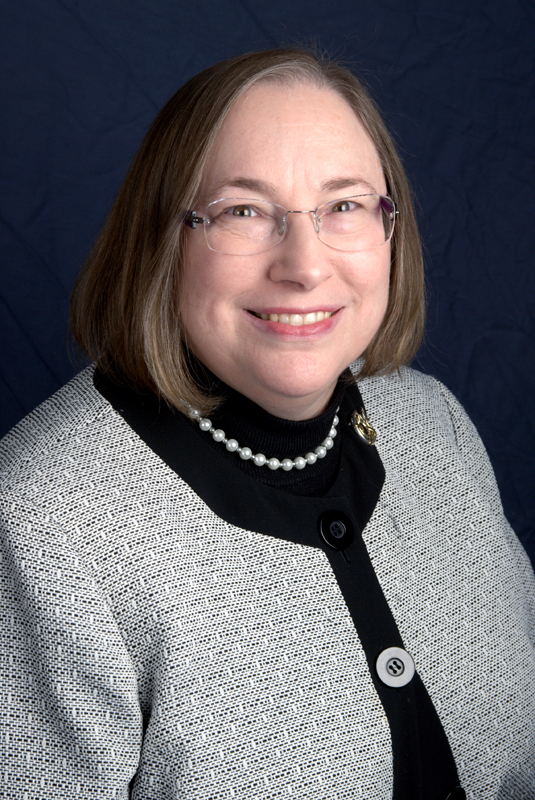I was blessed to have had the opportunity to become a rabbi and serve the Jewish community in a time when the doors to the rabbinate were open to women. As we celebration the 40th anniversary of Sally Priesand’s ordination, I am acutely aware that this was not always the case. Rabbi Priesand and the generation of pioneering women who came before me pushed through closed doors and laid out a welcome mat for women like me. We owe them a debt of gratitude for their perseverance. I am also reminded of the generations of women who came before them – women to banged on the doors, nudged them ever so slightly, and loosened the hinges of those closed doors. They may never be feted the way we mark the milestones of Rabbi Priesand’s ordination, but surely they deserve a nod from us at moments like this. [[{"type":"media","view_mode":"media_large","fid":"90186","attributes":{"class":"media-image alignleft size-medium wp-image-12290","typeof":"foaf:Image","style":"","width":"212","height":"300","title":"The-Cracked-Door-for-Blog","alt":""}}]]As early as 1875 there were women studying at HUC, though the question of ordination did not arise for several decades. Nonetheless, one woman of the era was renowned as a spiritual leader and preacher: Ray Frank (1861-1948). A journalist from Oakland, California, she found herself in Spokane, Washington during the High Holy Days in 1890 and discovered that there was no synagogue. She took it upon herself to preach on Yom Kippur and galvanized the community members to organize a congregation. She continued to preach in communities along the West Coast of the U.S. and Canada for the next ten years. Frank briefly enrolled at HUC in 1893, through without the intent of seeking ordination. At the time, Isaac Mayer Wise wrote in the American Israelite: “we glory in her zeal and moral courage to break down the last remains of the barriers erected in the synagogue against women and wish her the best of success.” It was some thirty years later that the question of women’s ordination arose. In 1921, HUC student Martha Neumark sought a pulpit placement during the High Holidays, sparking the debate about ordination of women. Eventually, both the Central Conference of American Rabbis and the HUC faculty affirmed, in theory, the idea of women’s ordination. Unfortunately, the HUC Board of Governors voted to prohibit the ordination of women and Neumark left the College before completing her studies after eight years. The first woman privately ordained was Regina Jonas (1902-1944) of Berlin. She felt her calling at an early age and pursued rabbinical studies, though initially she only received a teaching degree. In her thesis on the topic of women’s ordination she began, “I personally love this profession and, if ever possible, I also want to practice it,” and she concluded, “Almost nothing halakhically but prejudice and lack of familiarity stand against women holding rabbinic office.” In 1935, Jonas was privately ordained and for several years she was employed by Berlin’s Jewish community, visiting hospitals, preaching at liberal synagogues and offering lectures, often filling in for rabbis who had been imprisoned or emigrated as the Nazi threat grew stronger. Jonas continued to serve the community even after she was conscripted into forced labor in 1941 and deported to Theresienstadt in 1942. Like so many others, her story ends in Auschwitz. With a shortage of rabbis during World War II, women took on greater roles in congregational life, including leading worship and preaching. Paula Ackerman (1893 – 1989), rebbitzin of Temple Beth Israel in Meridian, Mississippi, was among these women, often filling in for her husband. When her husband died in 1950, she was invited by the congregation to take over as the spiritual leader of the congregation, and did so for the next three years. Agreeing to take the position, Ackerman wrote, “If I can just plant a seed for the Jewish woman’s larger participation – if perhaps it will open a way for women students to train for congregational leadership – then my life would have some meaning.” And then there was Sally…
Related Posts

Continuing to Educate and Empower People Together

My Challah-Making Experience


